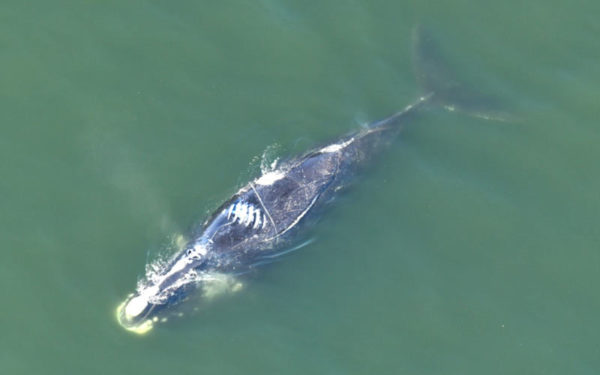Progress on the Road to Ropeless Fishing Gear
Learn how transitioning to ropeless fishing gear offers an alternative that could recover right whales and preserve the livelihood of New England’s iconic lobstermen and women.
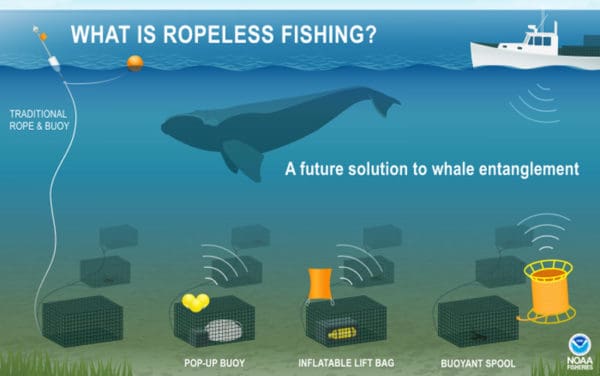
Learn how transitioning to ropeless fishing gear offers an alternative that could recover right whales and preserve the livelihood of New England’s iconic lobstermen and women.

“Reducing entanglements by prohibiting fishing in this area is critical to ensuring the survival of right whales,” said Erica Fuller, a senior attorney at Conservation Law Foundation. “This decision affirms that science matters. The First Circuit got it right: entanglements often can’t be traced, so where whales, lots of lines, and heavy fishing lines coincide, we need fishing restrictions now.”
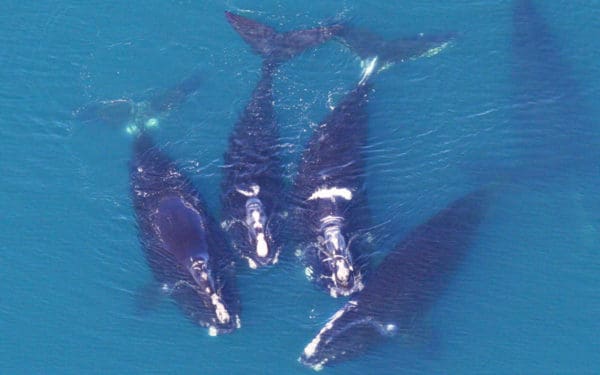
“At this juncture, the fact NMFS hasn’t already addressed deaths due to vessel collisions is beyond incomprehensible,” said Erica Fuller, a senior attorney at Conservation Law Foundation. “We hope this will force the agency to take emergency action rather than wait until next spring to start a new rule-making process. That kind of delay does little to protect the moms traveling up and down the coast now.”
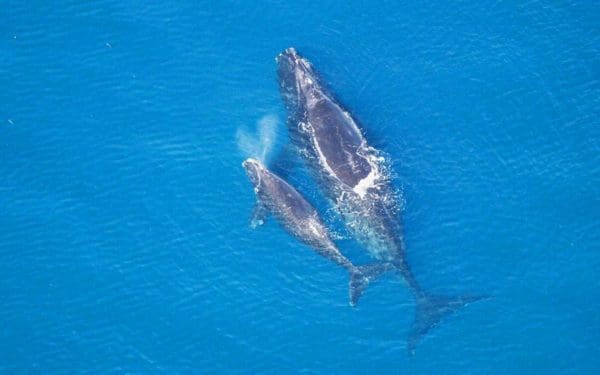
“We cannot allow this downward spiral to continue,” said Erica Fuller, Senior Attorney at CLF. “Like the now extinct passenger pigeon, scientists are getting better and better at counting fewer and fewer whales. It’s time to stop pointing fingers and put meaningful protections in place so whales are no longer needlessly killed by boats and fishing gear. Right whales can recover; we just need to stop killing them.”
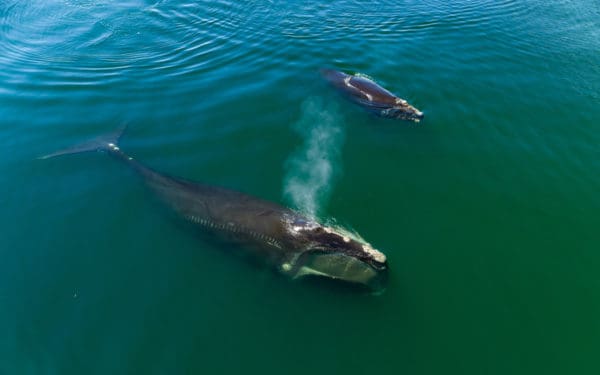
“There is a limited window of time to save critically endangered right whales,” said CLF Senior Attorney Erica Fuller. “Closing certain areas to fishing when high numbers of right whales are present is the most effective way to reduce risk. While NOAA’s final rule has not gone nearly far enough to recover the species, this new closure will reduce the chance that whales become entangled in lobster gear in the Gulf of Maine. The Union’s lawsuit seeks to prevent the government from implementing one of the few proven measures and we cannot stand by and let that happen.”

“Fishermen should be recognized for the changes they have made to protect right whales from extinction, but we have much more work to do,” said Erica Fuller, senior attorney at Conservation Law Foundation. “The existence of an entire species is at stake, and we must keep pressing forward. Fishery managers must take immediate action to reduce entanglements and we look forward to standing up for right whales in court to make sure they do.”
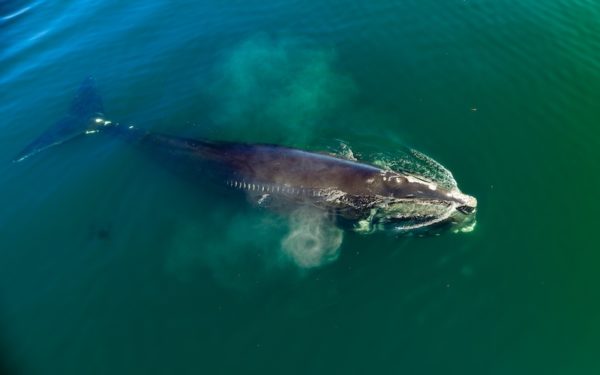
“While this rule is a step in the right direction, it does not go far enough or fast enough to stop the precipitous decline of this species,” said Erica Fuller, Senior Attorney at CLF. “We plan to challenge the new rule in court to ensure that right whales recover rather than become an extinction statistic. That means reducing the risk of serious injuries and deaths by at least 80 percent immediately, not fiddling while Rome burns.”

National Geographic photojournalist Brian Skerry gives us an inside look into his latest work to photograph North Atlantic Right Whales. Check out some of his latest photos.

We find ourselves on the cusp of a sea change in how we transport people and goods as we urgently work to cut the climate-damaging emissions that spew from New Englanders’ tailpipes.

“Roughly half of all right whale deaths are because they are run over and killed by speeding boats, and this unprecedented delay is only making matters worse,” said Erica Fuller, a senior attorney at Conservation Law Foundation. “It shouldn’t take a lawsuit to force regulators to make the common-sense decision to reduce vessel speeds in areas where right whales are present. The new administration must act quickly and avoid repeating the same mistakes of the Trump years.”
